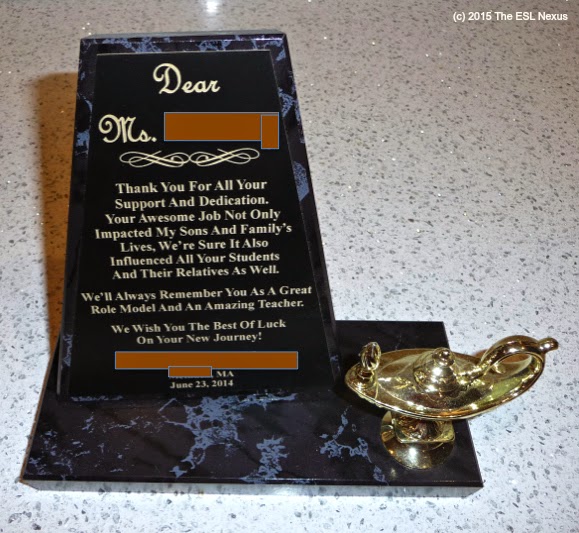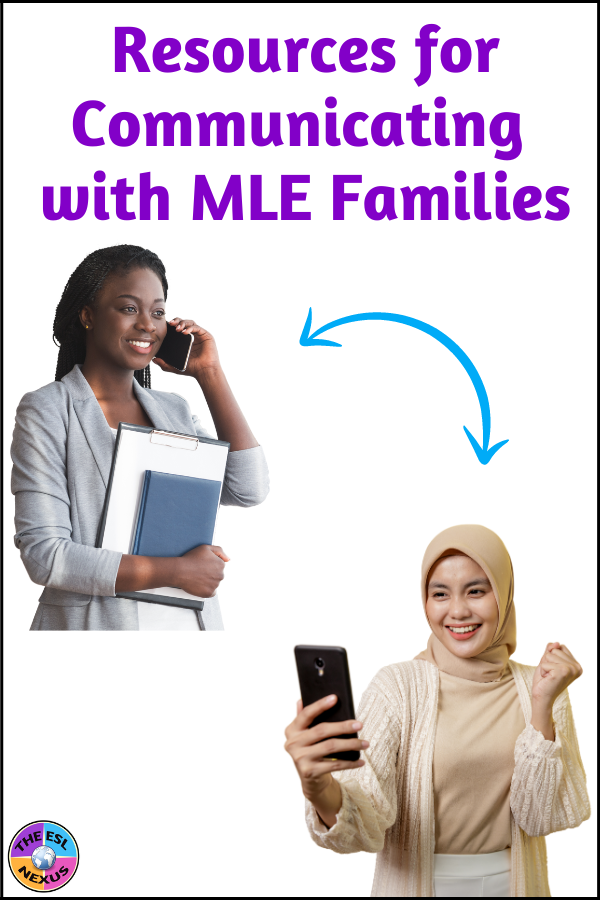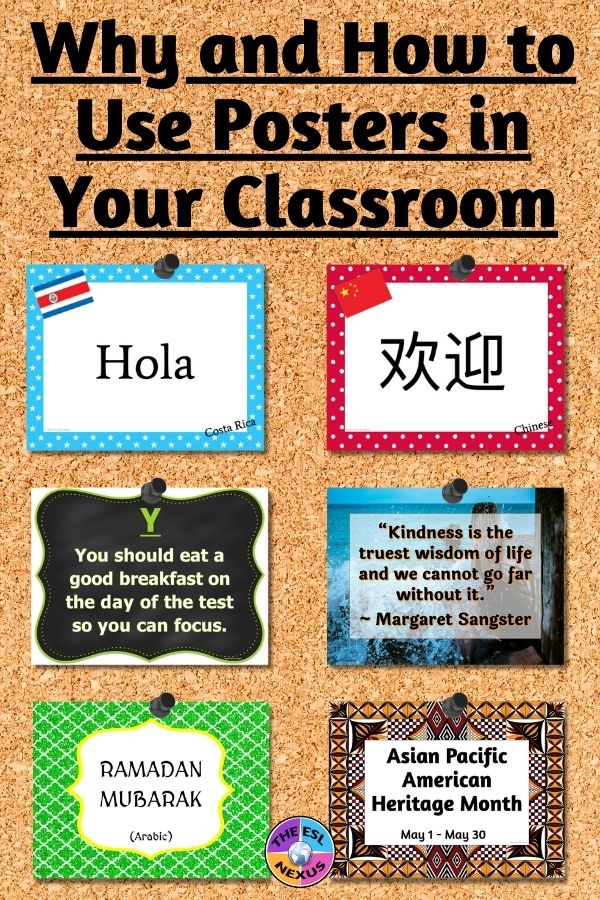Coming from teaching adults at universities in Asia and businesspeople and older students who were in the U.S. on their own, dealing with the parents of my ELL students was a new experience for me when I first started teaching in a public school. But it was truly a pleasure to get to know the families of my K – 8 students and work with them to promote their children’s success in school.
The best thing about working with parents of ELLs is that they respect the teacher. All the parents I worked with over the years were always polite and courteous to me. I think they could sense that when they talked with me and I offered suggestions on how they could help their children, they knew I was an advocate for their kids. They also tended to take what I said about their children seriously and not just believe everything their kids said.
 |
| Working with families doesn’t have to be a puzzle! source: Pixabay |
Communicating with parents of ELLs, though, was not always easy. Many of my students’ parents worked second or third shift and it was hard to reach them by phone when they were on the job. It was also difficult for some of them to come to the school for conferences in the afternoon or evening. When I began using email, that was great except for the few parents who didn’t have Internet access at home. In those cases, I’m sorry to say, I didn’t keep in touch as often as I should have. But one year, to compensate, I developed a form that I sent home every Friday which provided general information about how their children had performed the past week in my class. (I previously wrote about this form here; scroll to near the end of the post to read about it.) I didn’t need to use it every year but when I did, it helped me keep parents informed on a regular basis.
I developed very close relationships with some of my students’ parents. The family of one of the eighth-grade Turkish boys I taught my first year as a public school ESL teacher invited me to visit Turkey and I did years later, in 2009. They took good care of me and it was a fantastic trip! One parent, upon hearing that I was leaving the school at the end of the 2013-2014 school year, started crying and later wrote a beautiful letter about how much I’d helped her and her daughter. Another parent, a single mother of three boys, gave me a gift that was like a sports trophy on my last day at the school. That’s when I started crying.
 |
| Gift from a parent to The ESL Nexus; source: The ESL Nexus |
Here are some things that I found made a difference in developing positive relationships with ELL parents:
* Extending a personal touch. For example, although my school sent out generic letters announcing open houses and parent conferences at the end of marking periods, after I started sending out my own personal invitations, I saw a big increase in the number of parents who attended.
* Being creative in finding ways to communicate. I used Google Translate during a meeting with one Turkish-speaking parent and although it wasn’t perfect, she and I were able to get our ideas across and it was definitely better than not talking at all. And when a couple parents were not able to come to conferences during the regularly-scheduled times to discuss their children’s report cards, I arranged to Skype with them and meet that way instead. As far as I know, I was the only teacher in my building who did that.
* Speaking their language–or trying to. I made a point of greeting parents in whatever language they spoke to help make them more
comfortable. This was especially helpful with my Spanish-speaking parents, who were the majority of parents I worked with, because I
know only a rudimentary amount of that language. Attempting to communicate in their native language showed parents that although my knowledge of certain
languages was limited, I wasn’t afraid to use them and make mistakes and
therefore they shouldn’t be nervous or embarrassed when using English.
* Closing the distance between us. I asked the parents to call me by my first name. I always found it odd when they called me Ms/Miss/Mrs (it varied!) when I considered us to be equal partners in the education of their children. Doing that helped to put our relationship on a more informal footing, which I think enhanced our ability to communicate effectively.
* Share good news more than bad news. As with all parents, ELL parents prefer to hear good news about their children so I made sure to email and send positive notes home more than negative ones. Then, when I did have to tell them something not-so-good about their child, it was easier for them to accept hearing it because we already had a positive relationship.
Showing parents respect by patiently listening to their concerns garnered their respect and gratitude in return. Of course, there were occasions when a parent had an issue with me as their child’s teacher but for the most part, my interaction with the parents of my ELL students was overwhelmingly positive. I always looked forward to meeting parents and because I knew I had their support, I was a better teacher of their children as a result.
For more ideas about working with parents of ELLs, please see my Pinterest board Involving Parents of ELLs.
And find out what my first and third reasons for why teaching ELLs is great HERE and HERE.




